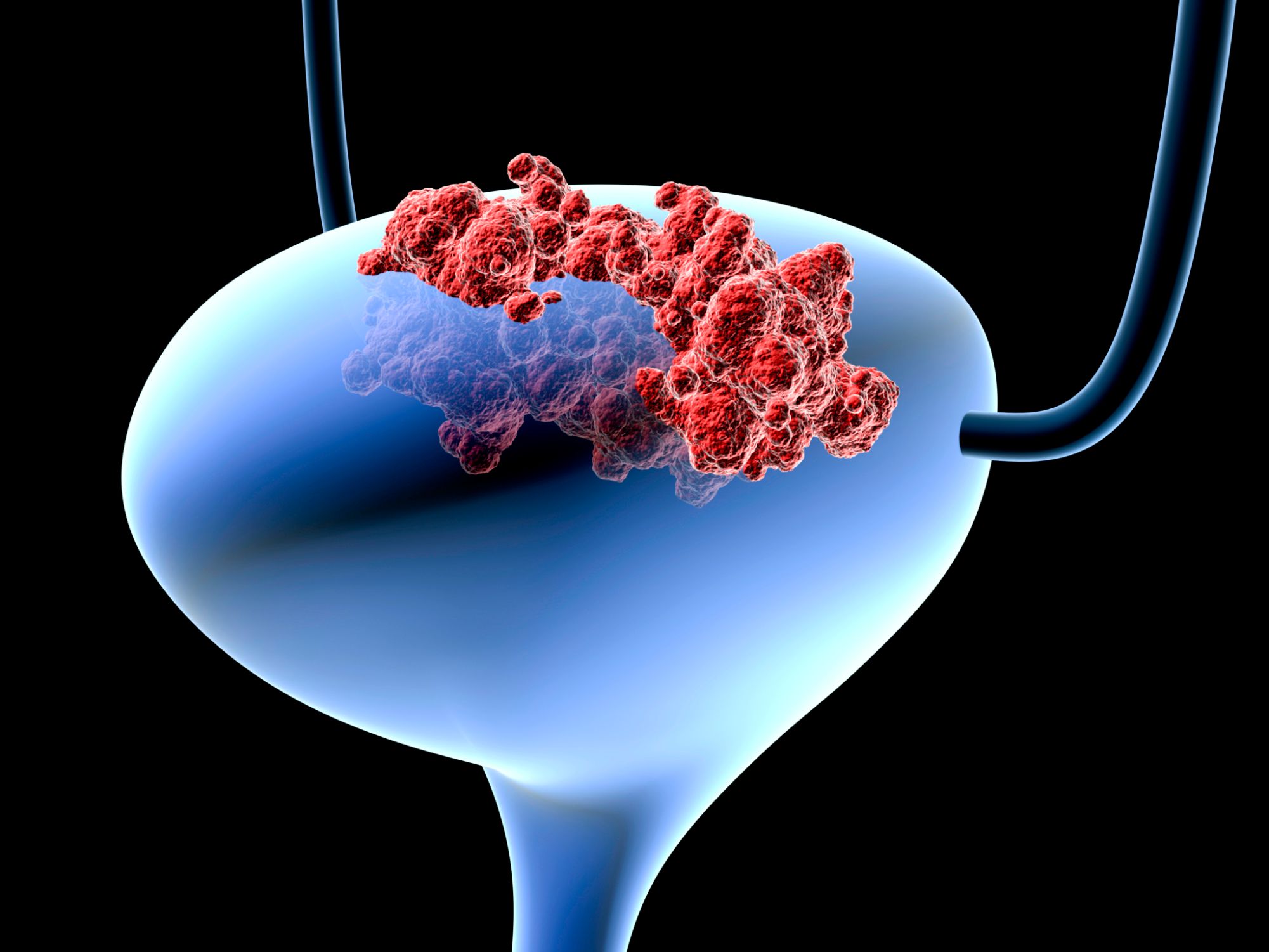News
Article
Trial Underway for Vaccine-Immunotherapy Combo in Bladder Cancer
Author(s):
A phase 1 trial just launched, and will evaluate IO102-IO103 plus Keytruda in patients with bladder cancer whose disease is unresponsive to BCG therapy.

The first patient has been dosed in a phase 1 trial evaluating IO102-IO103 in combination with Keytruda (pembrolizumab) for the treatment of patients with non-muscle invasive bladder cancer whose disease is unresponsive to or who cannot tolerate Bacillus Calmette Guerin (BCG) therapy, according to a press release from IO Biotech, the manufacturer of the novel drug.
IO102-IO103 is a cancer vaccine that targets two proteins: indoleamine 2,3-dioxygenase (IDO), which, when overexpressed is correlated with cancer aggression and progression; and PD-L1, which is found on cancer cells and helps them essentially hide from the immune system.
The vaccine is based on IO Biotech’s T-win vaccine platform, which is a novel way of designing vaccines to activate T cells (those in the immune system responsible for fighting off foreign invaders and threats, such as cancer) to target other cells that suppress the immune system within the tumor microenvironment.
BCG is the most common treatment method for patients with patients with non-muscle invasive bladder cancer, though can come with side effects and may not be suitable for patients with a weakened immune system, according to the American Cancer Society.
READ MORE:When Things Go Wrong With Cancer Treatments
“Bladder cancer is one of the most common forms of cancer and there remains a critical unmet need for these patients who may be averse to invasive bladder removal surgery or unresponsive to currently available therapies and we look forward to the results of this study,” Dr. Mamta Parikh, associate professor at the UC Davis School of Medicine, Division of Hematology Oncology, and principal investigator for the UC Davis Comprehensive Cancer Center Phase I clinical trial, said in the press release.
The main goal of the trial is to determine the feasibility, safety and toxicity of IO102-IO103 plus Keytruda in this patient population. The researchers also plan on evaluating the preliminary efficacy (ability to shrink or destroy cancer cells), according to the trial listing on ClinicalTrials.gov.
Patients on the trial will be administered IO102-IO103 subcutaneously (via a shot under the skin) and Keytruda intravenously. They will undergo CT and PET scans, as well as bloodwork, throughout the trial, and then be followed by investigators for up to 30 days and then every three months after.
According to the trial listing on ClinicalTrials.gov, the researchers plan on enrolling approximately 30 patients. Eligibility criteria includes: being 18 years or older; have a confirmed diagnosis of high-risk non-muscle invasive bladder cancer; have undergone a maximum resection of the tumor before enrolling; deemed ineligible or declined a cystectomy (bladder removal surgery); started BCG therapy twice; being able to perform all or most daily tasks with minimal to no help; have a life expectancy of six or more months.
The IO102-IO103/Keytruda combination is also being studied in a phase 3 trial for patients with advanced melanoma, as well as a phase 2 trial for patients with non-small cell lung cancer, squamous cell carcinoma of the head and neck and urothelial bladder cancer, according to the release. The first patient in this phase 3 trial was dosed in April 2022.
“In previous trials, we have seen that combination therapies with our lead product candidate, IO102-IO103, induce meaningful tumor regression while still achieving manageable tolerability for patients. We look forward to seeing the safety and efficacy results of this trial to further support the development of IO102-IO103 as the potential backbone of combination therapies for treating multiple types of cancer,” Mai-Britt Zocca, president and CEO of IO Biotech, said in the release.
For more news on cancer updates, research and education, don’t forget to subscribe to CURE®’s newsletters here.



